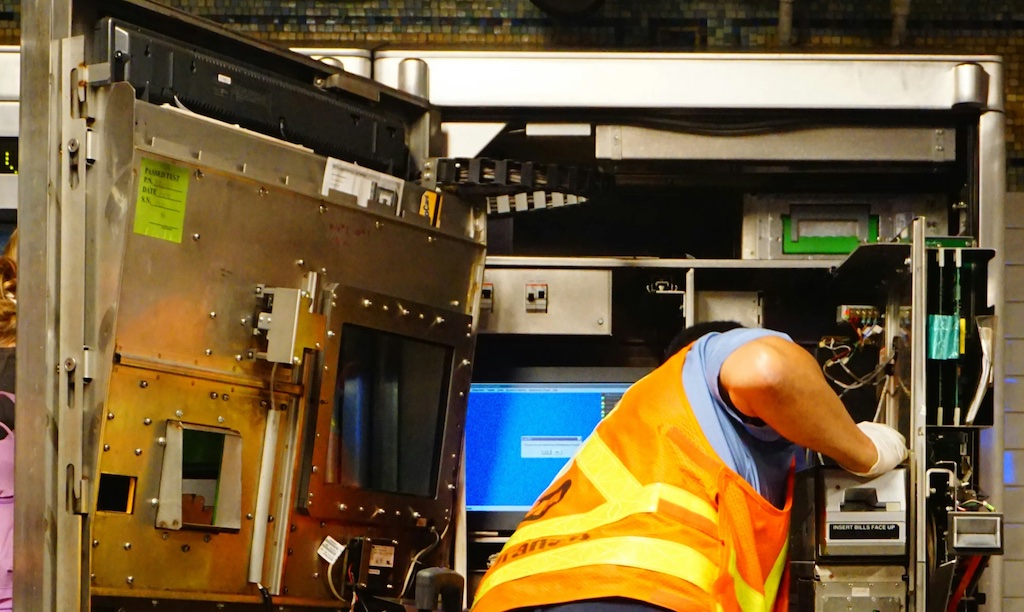Definition and Purpose of Using an Electric Cleaner
An electric cleaner is a specially formulated chemical solution that cleans and protects electrical components. It removes dust, dirt, grease, and oxidation buildup that can interfere with electrical conductivity. These cleaners clean circuit boards, connectors, switches, and other sensitive electrical and electronic equipment to ensure optimal performance and longevity.
The primary purpose of using an electric cleaner is to prevent electrical failures caused by contamination and corrosion. Unlike water or general-purpose cleaners, electric cleaners evaporate quickly, leaving no residue that could cause conductivity issues. They are essential for maintaining the efficiency and safety of electrical and electronic systems in automotive, industrial, and household applications.
How an Electric Cleaner Works
Electric cleaners are composed of fast-drying solvents that dissolve contaminants without damaging delicate electrical components. The process involves:
- Application: The cleaner is sprayed or applied directly onto the surface of electrical components.
- Dissolution: The active solvents break down and dissolve dirt, grease, and oxidation.
- Evaporation: The cleaner rapidly evaporates, leaving no residue, ensuring the electrical component remains dry and functional.
- Protection: Some advanced electric cleaners include anti-corrosion agents that leave a protective barrier against moisture and oxidation.

How Electric Cleaner Prevents Short Circuit and Corrosion
1. Preventing Short Circuit:
- Dirt, grease, and moisture can create unintended conductive paths between electrical contacts, leading to short circuits. By removing these contaminants, an electric cleaner ensures that electricity flows only through intended circuits.
- Non-conductive and quick-drying formulas prevent moisture buildup, reducing the risk of accidental electrical contact between components.
2. Preventing Corrosion:
- Corrosion occurs when metal contacts react with moisture, oxygen, and environmental pollutants, forming insulating layers that disrupt conductivity.
- Electric cleaners remove oxidation and deposit a protective layer on metal surfaces, reducing exposure to corrosive elements.
- Regular use of electric cleaners extends the life of electrical components by preventing rust and wear caused by corrosion.
Using an electric cleaner is a simple yet effective way to maintain the integrity of electrical and electronic systems. By preventing short circuits and corrosion, it enhances the safety, efficiency, and longevity of electrical components. Regular maintenance with an electric cleaner can significantly reduce the risk of electrical failures, ensuring smooth operation in various applications, from automotive to industrial and home electronics.
Check out more Hasgara products: Electric Cleaner

